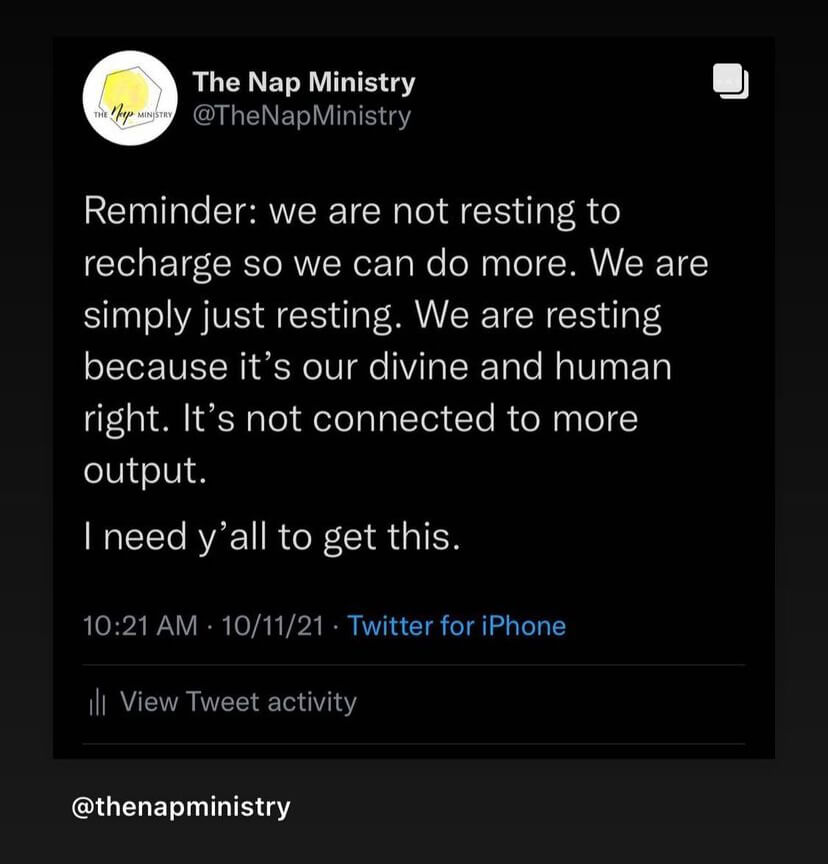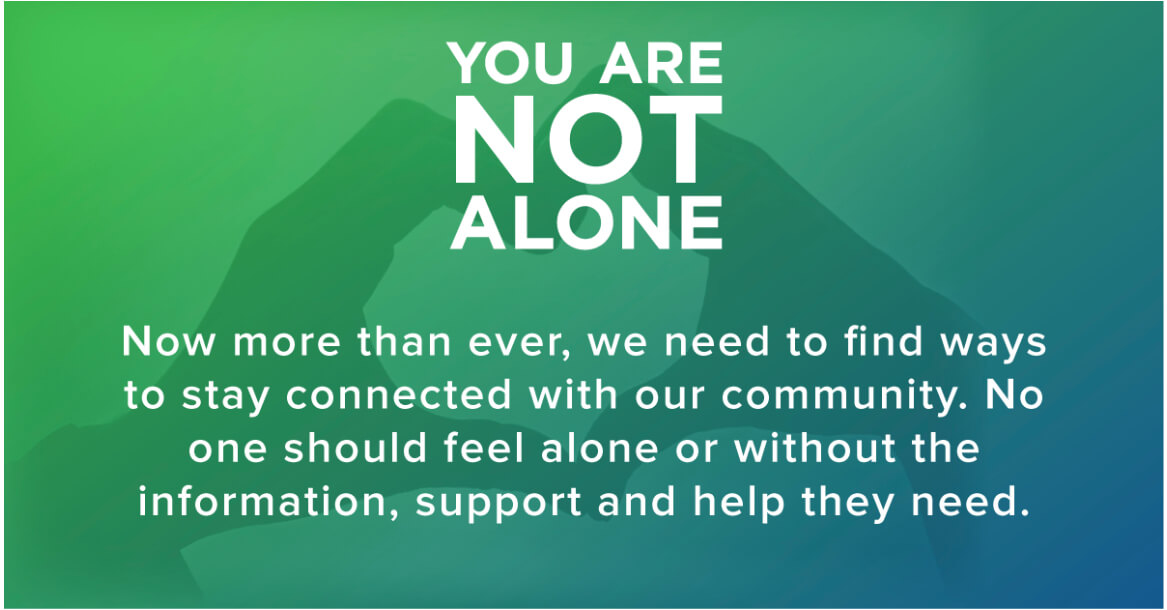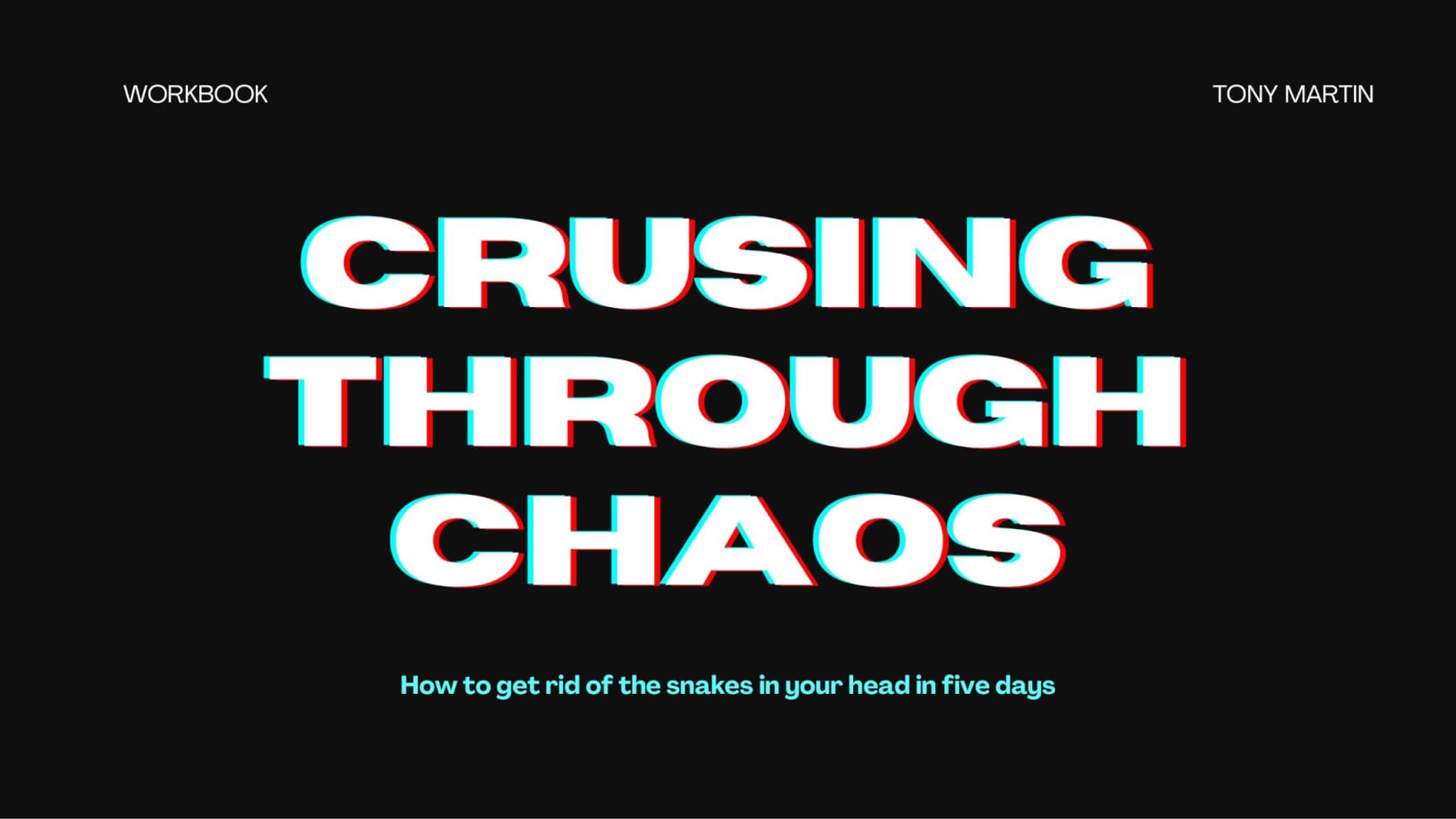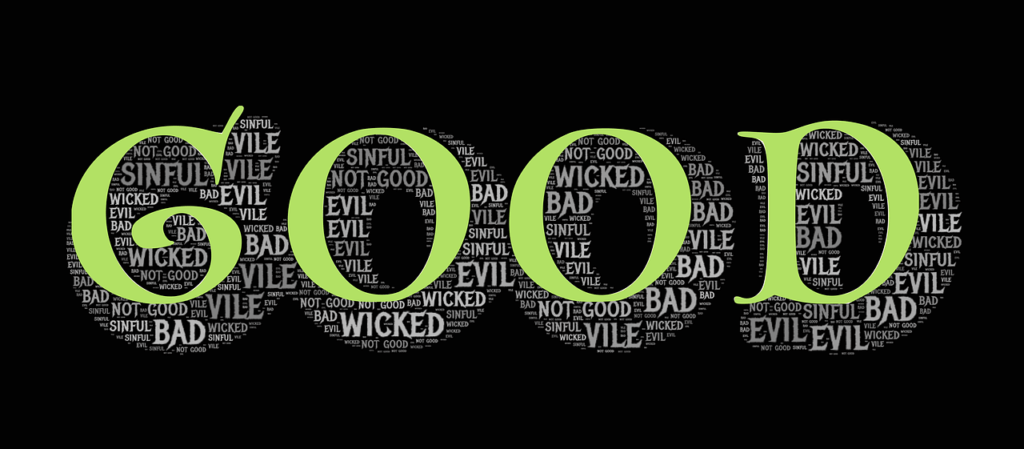Lament for Uvalde – 8 thoughts.
So here is a lament for Uvalde. It’s godly sorrow. Heartbreaking. Emotionally crushing. And so applicable to the tragedy.
At this writing, the funerals have begun. We are all impacted, and while we don’t grieve in the same way as those who lost loved ones, we still grieve.
I don’t know how I should respond, but I will offer some thoughts. We certainly can all use some comfort right now.
Disclaimer: If you’re looking for some sort of political or policy statement from me, you obviously don’t know me. I ain’t going there. I do have some strong, even passionate opinions, but this isn’t the place. This is a time for lament for Uvalde.
Maybe we can help each other cry.
- We can show empathy with our laments. When we get horrific news, we can easily be overwhelmed. This is normal – shock, disbelief, even physical sickness can be present. We say things like “I can’t imagine what those mamas, daddies, family members, friends are going through.” That statement, of course, is true. Even if you’ve faced unimaginable tragedy, you aren’t in the same place as those others are. You might rightfully wonder how you’d react if you were there, but you can’t know unless you experience it first hand. Still – empathy does put us in a place of caring and, in some fashion, helps us imagine. I’m a parent and a grandparent, and that’s my point of empathy.
- We can respond with “thoughts and prayers.” This action is part of lamenting, but in our culture the idea of “thoughts and prayers” seems pretty lame in the eyes of many. “We need to do something!” folks cry. Agreed. I’ll touch on that in a minute. But immediately after a tragedy, what else do you have? What else can you offer? Thoughts and prayers are totally appropriate. When evil intrudes, it’s entirely possible to push back through prayer. As believers, prayers offer courage and fortitude. Prayer is instinctual. And it’s okay to pray for yourself. That’s not being selfish. That’s just acknowledging you need Jesus. And I’d encourage you to ask others to join you in prayer. We can corporately offer a lament for Uvalde.
- Lament doesn’t mean that you are asking God to instantaneously set all things right. He could do that, I suppose, but rather than asking Him to fix things, how about just focusing on His mercy for those hurt in the tragedy first?
- Some questions that would bring about lament would include “Why do wicked people so often have their way, and good and godly people suffer?” In the most agonizing way, it’s accusing God of not acting or intervening. But – this is not necessarily being blasphemous. It’s really a part of faith. Jesus expressed this lament from the cross: “My God, my God, why have you forsaken me?” It is simply being honest and allowing your soul to cry out.
- God is patient with evil. Sometimes it seems as if evil flourishes unchecked. This is a hard one. It’s a primary reason that many never pursue Christ. All about us, we see evil personified. This is one forevermore fallen world, and we are here in this place for a season. Here’s a paradox, though: In the midst of suffering, heartache, violence, and pure wickedness, the grace of God flourishes. When we experience the worst, we still see evidences of goodness, holiness, compassion, and healing. Jesus’ cry from the cross I mentioned above? At the crucifixion and those days in the grave, we see man’s worst and God’s best. God offered salvation, and He did it by showing His power to bring life from death. It’s never too late to pray for healing and redemption.
- Deeds, not words? How about both? You might not be able to be physically present, and therefore can’t do anything “hands on,” but that’s where prayer comes in. We don’t need to think about acting in any fashion without praying first. If we act without prayer, we can’t empathize. That’s part of our lament for Uvalde.
- Lament means that there is no collision of ideals between praying and acting. Is it possible to pray without acting or act without praying? Sure it is, but they don’t cancel each other out. Because …
- It is wrong for us, as believers, to act instead of praying. That implies that true goodness can grow from somewhere else besides God, Who is the only One Who is truly good. Sure, it’s possible to do good deeds, and act with integrity. I’d contend that, for those of us who are believers, that not praying before acting is putting the spiritual cart before the horse. Now, people who don’t share our faith won’t agree. For us, we defer to the wisdom of God first. Then we act. Please don’t misunderstand – there are times when you do act before praying – if your child has wandered out in the street in front of an oncoming car, you don’t need to pray about rescuing him. You know what I mean.
How much more grief can this old world stand? How long shall we lament for Uvalde?

As a believer, remember we follow the Suffering Servant. He is also the Wounded Healer. There is so much we don’t understand, and this side of eternity, will not understand. Still, God’s goodness isn’t up for debate. Against the backdrop of the Cross, I accept – even when I can’t understand – that He loves this world more than I ever could.
I wish I had some way of putting a nice bow on today’s blog, to offer some sort of closure. I just don’t have anything to offer right now.
Come Lord Jesus.
Talk later.
 With my extraordinary gift of being able to torture a metaphor, here’s what I’m learning.
With my extraordinary gift of being able to torture a metaphor, here’s what I’m learning.



 I had to check out The Nap Ministry, and I found that they aren’t a Christian site, so I want to be wary about the term “ministry.” Still, the sentiment expressed here fits in well with the ancient mandate of Sabbath. That’s not something we do well in 2021, at least here in the West, or the United States.
I had to check out The Nap Ministry, and I found that they aren’t a Christian site, so I want to be wary about the term “ministry.” Still, the sentiment expressed here fits in well with the ancient mandate of Sabbath. That’s not something we do well in 2021, at least here in the West, or the United States.


